East and Southern Africa
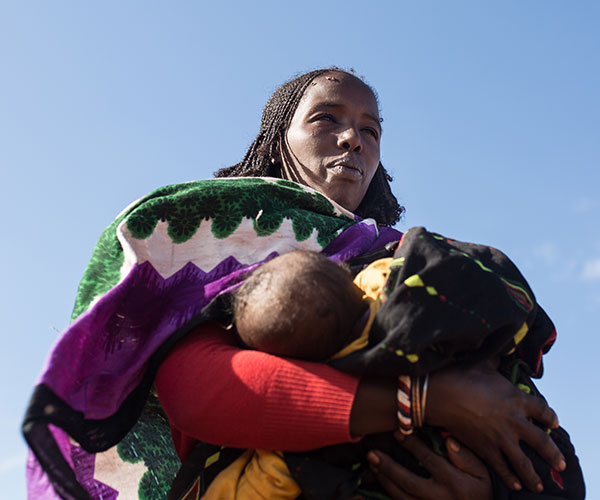
Ethiopia
Kenya
Madagascar
Mozambique
Somalia
Tanzania
Uganda
Zambia
Zimbabwe
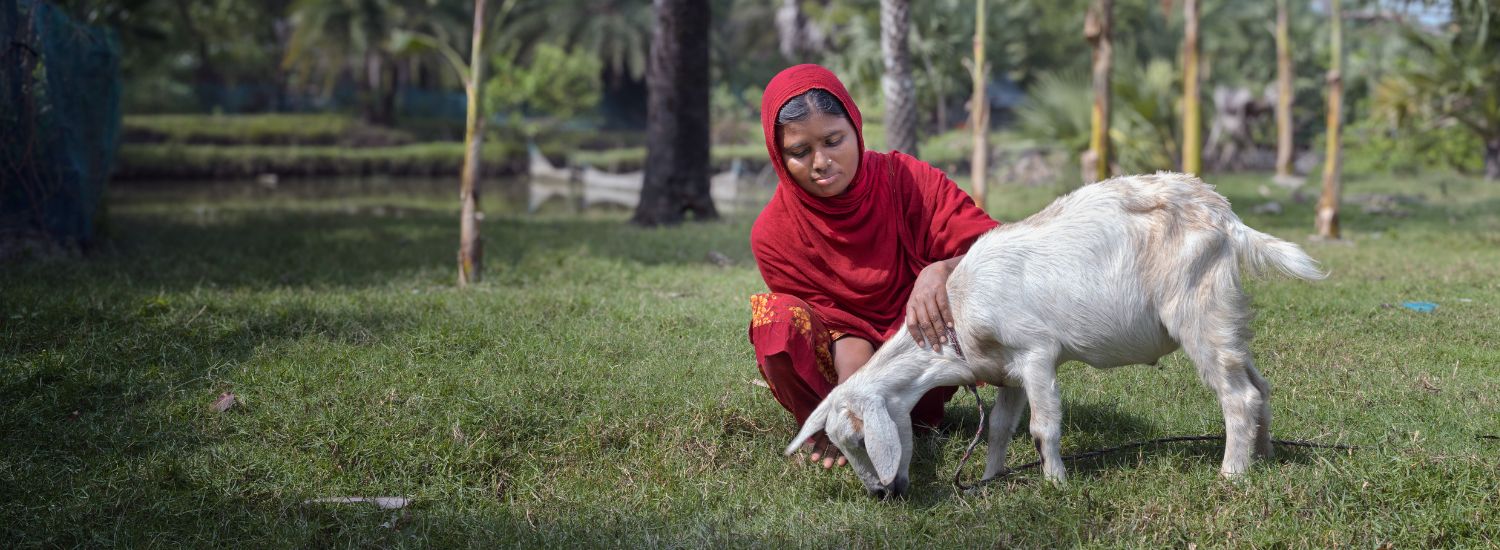
We're tackling hunger and malnutrition in countries around the world. Our work is empowering communities affected by conflict, climate-related disasters and other emergencies.
Our work is helping communities respond to climate-related disasters. We’re supporting people affected by conflict with essential aid. And stepping up when emergencies strike.
We’re delivering life-changing programmes in 57 countries across the world, supported by our teams in the UK, France, Spain, Germany, Italy, the USAand Canada.

Ethiopia
Kenya
Madagascar
Mozambique
Somalia
Tanzania
Uganda
Zambia
Zimbabwe
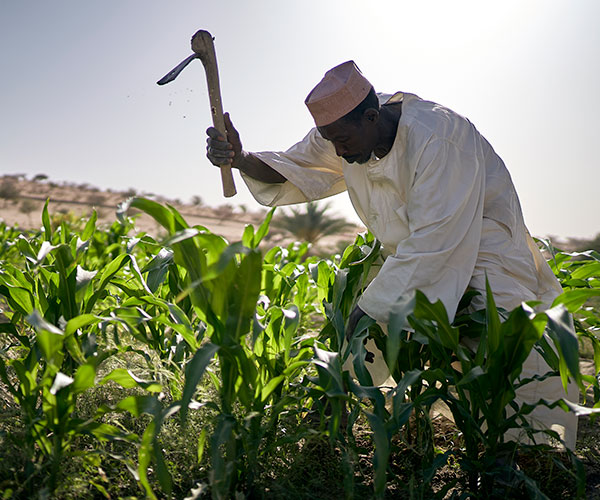
Central African Republic
Chad
Democratic Republic of Congo
Libya
South Sudan
Sudan
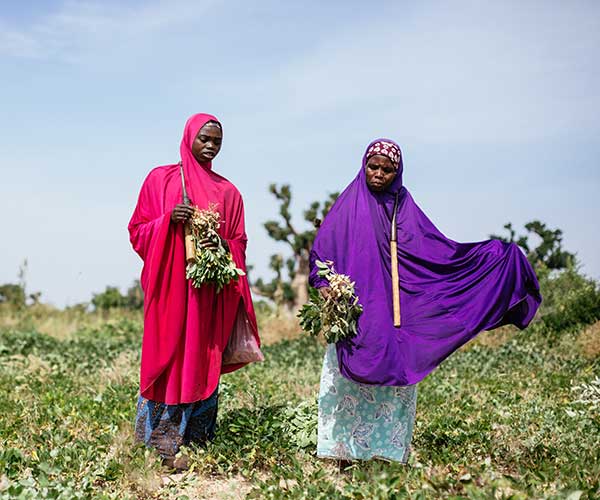
Burkina Faso
Cameroon
Côte d'Ivoire
Liberia
Mali
Mauritania
Niger
Nigeria
Senegal and The Gambia
Sierra Leone
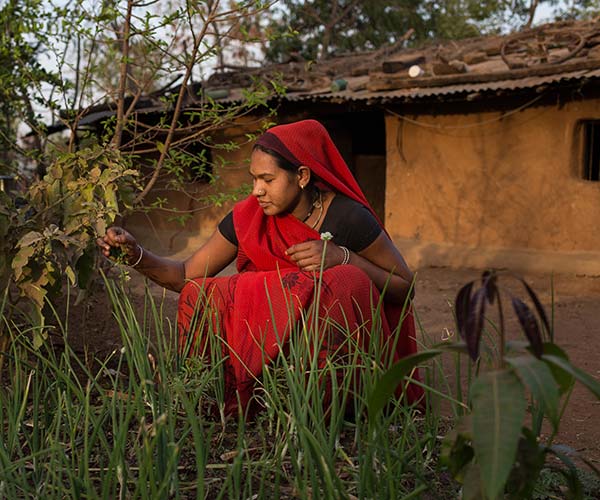
Afghanistan
Bangladesh
India
Myanmar
Nepal
Pakistan
Philippines
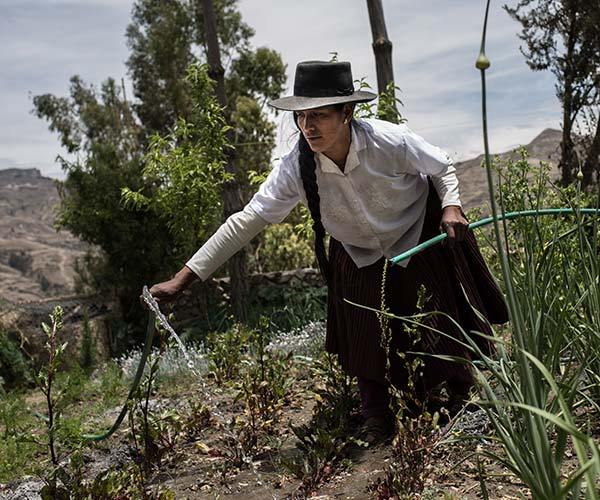
Colombia
Guatemala
Haiti
Honduras
Nicaragua
Peru
Venezuela, Bolivarian Republic of
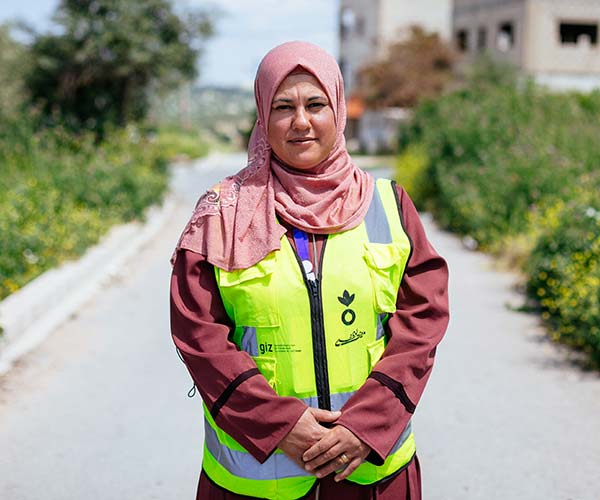
Armenia
Georgia
Iraq
Jordan
Lebanon
Moldova, Republic of
Occupied Palestinian Territory
Poland
Romania
Syria
Ukraine
Yemen
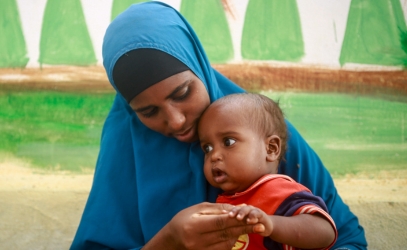
Pay your Zakat with Action Against Hunger and support Zakat-approved projects in Somalia and Senegal.
100% of your gift will help deliver emergency nutrition to malnourished children in Somalia and livestock to vulnerable families in Senegal.
Fulfil your Zakat today.
Hunger doesn't look the same everywhere. Each country is different. But the need for food, clean water and essential support remains universal.
Meet some of the people that we reach with our programmes in Somalia, Sudan and Chad.
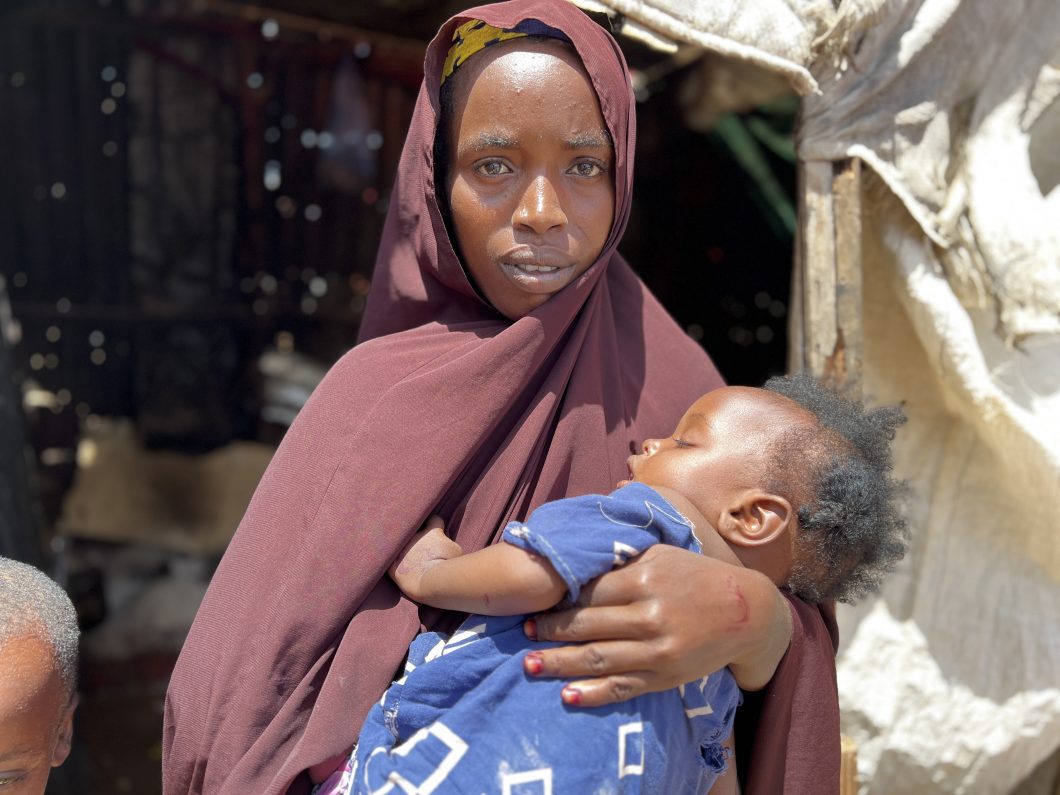
Years of drought caused by climate change has left families in Somalia adapting to ensure their futures. Families like Faadumo's are making impossible decisions. But with the right aid, families are enduring the hardship.
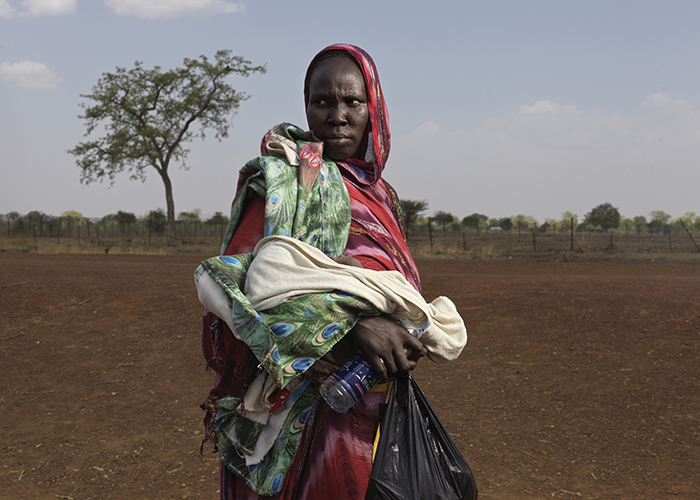
Conflict in Sudan is forcing millions of people to flee their homes. Families like Nyibol's are without water, food and shelter. Learn how families are standing resilient as they rebuild their lives.
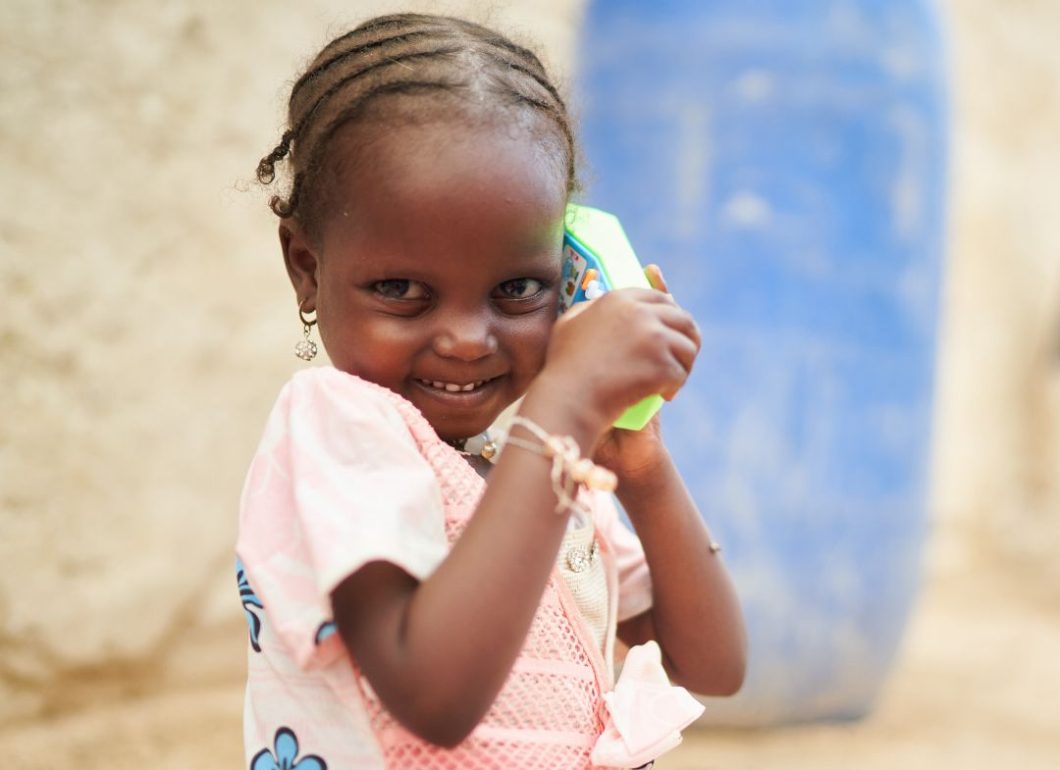
Severe malnutrition is affecting 388,000 children like Achta in Chad. But recovery is possible. Discover how Achta's smile returned thanks to her mother's strength and the right medical treatment.
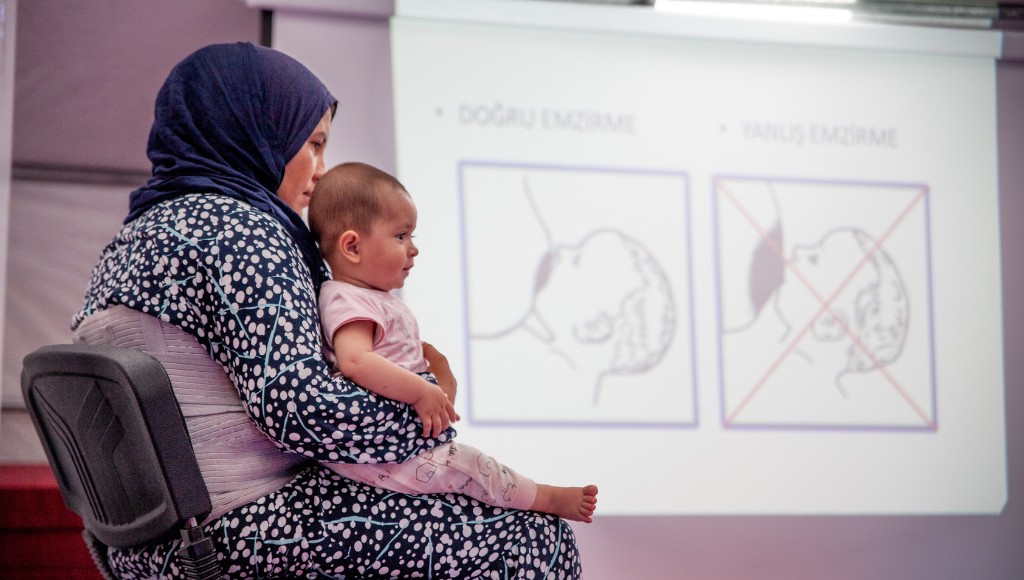
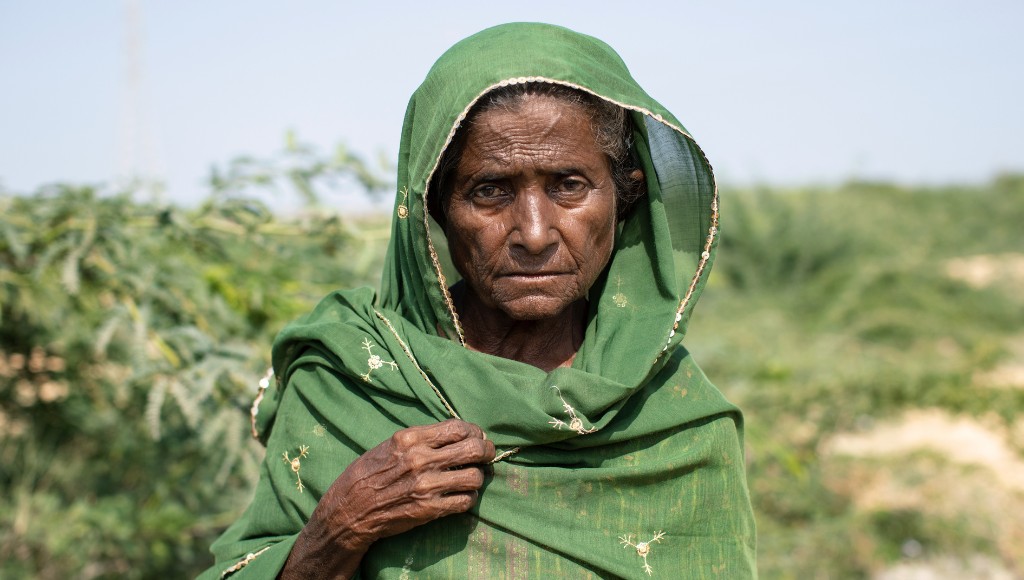

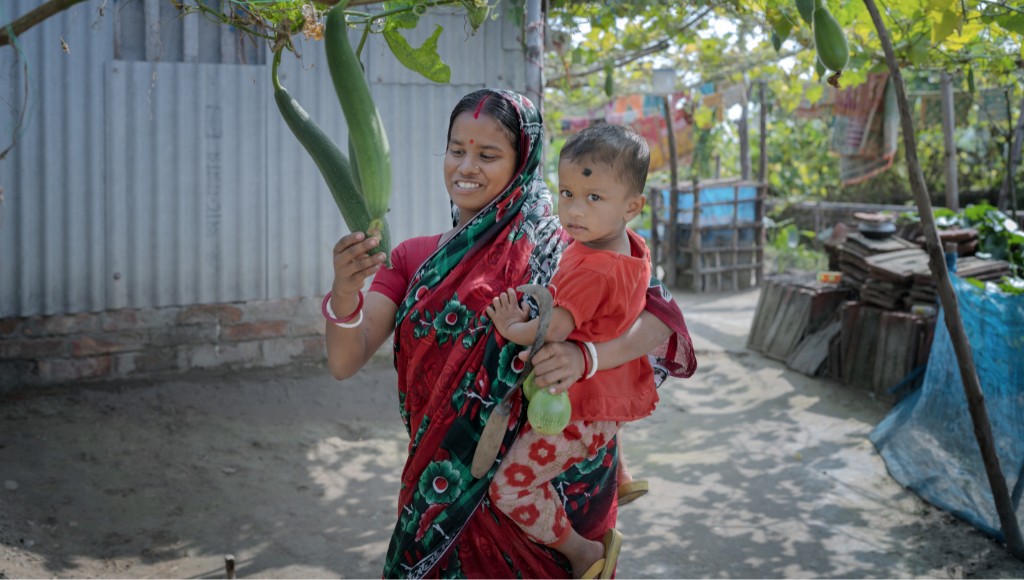
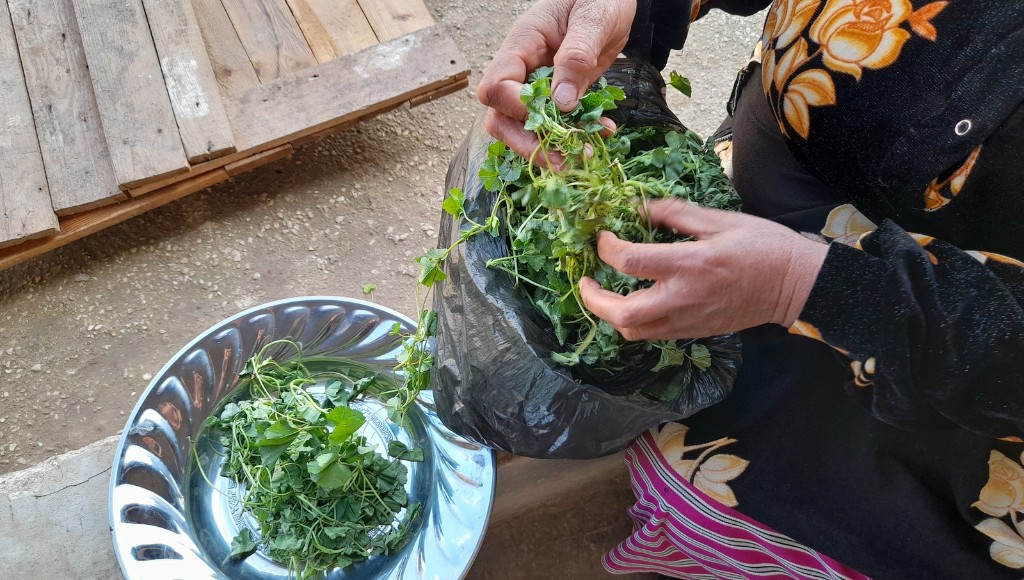
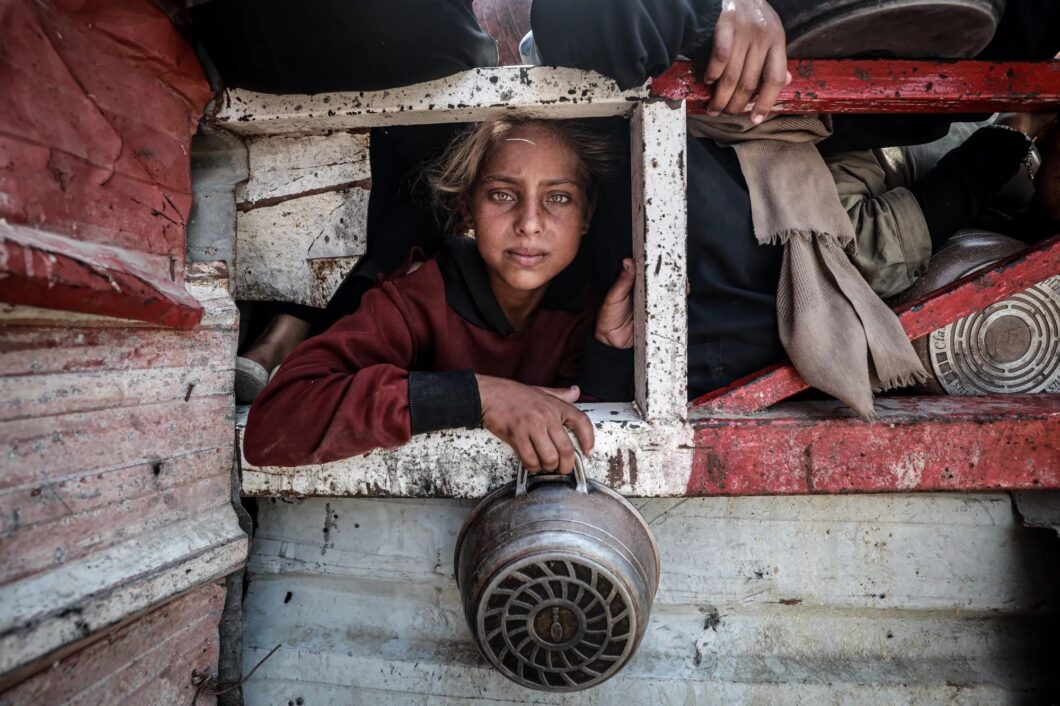
Thousands of people in Gaza are without food, clean water and medical care. Together, we can provide essential relief, helping those most at risk to rebuild their lives.
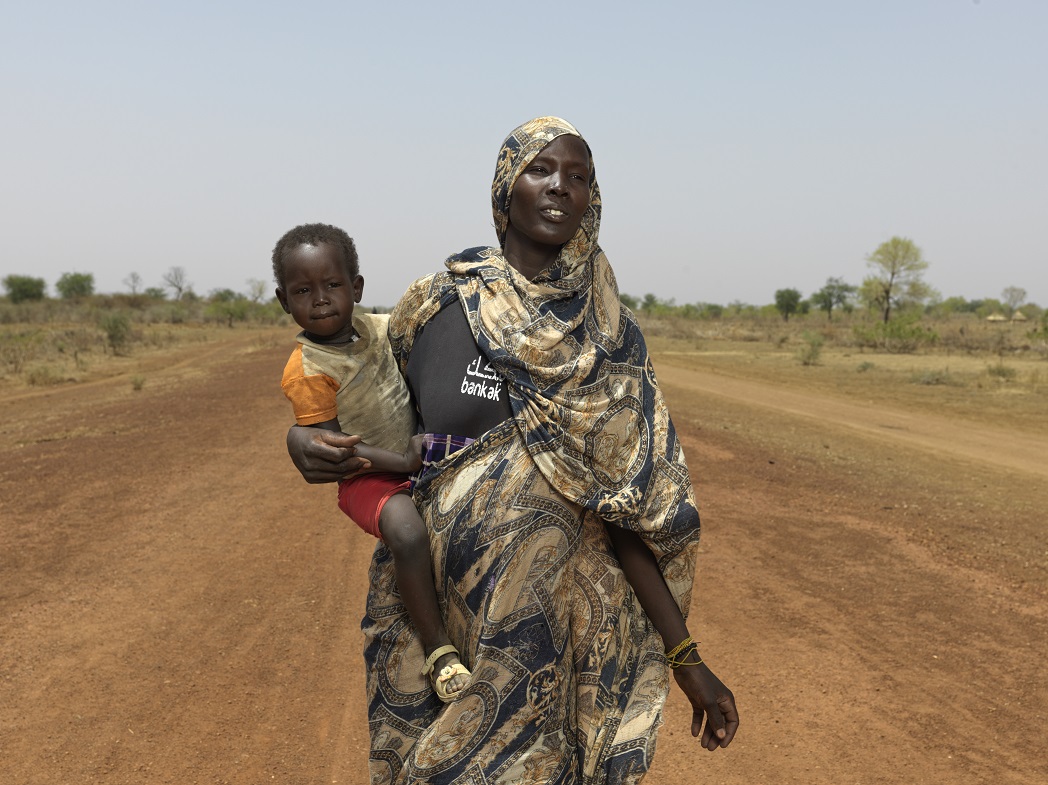
Conflict and displacement in Sudan has left millions of people in life-threatening hunger. Your support can deliver emergency food, healthcare and safe water to those in need.
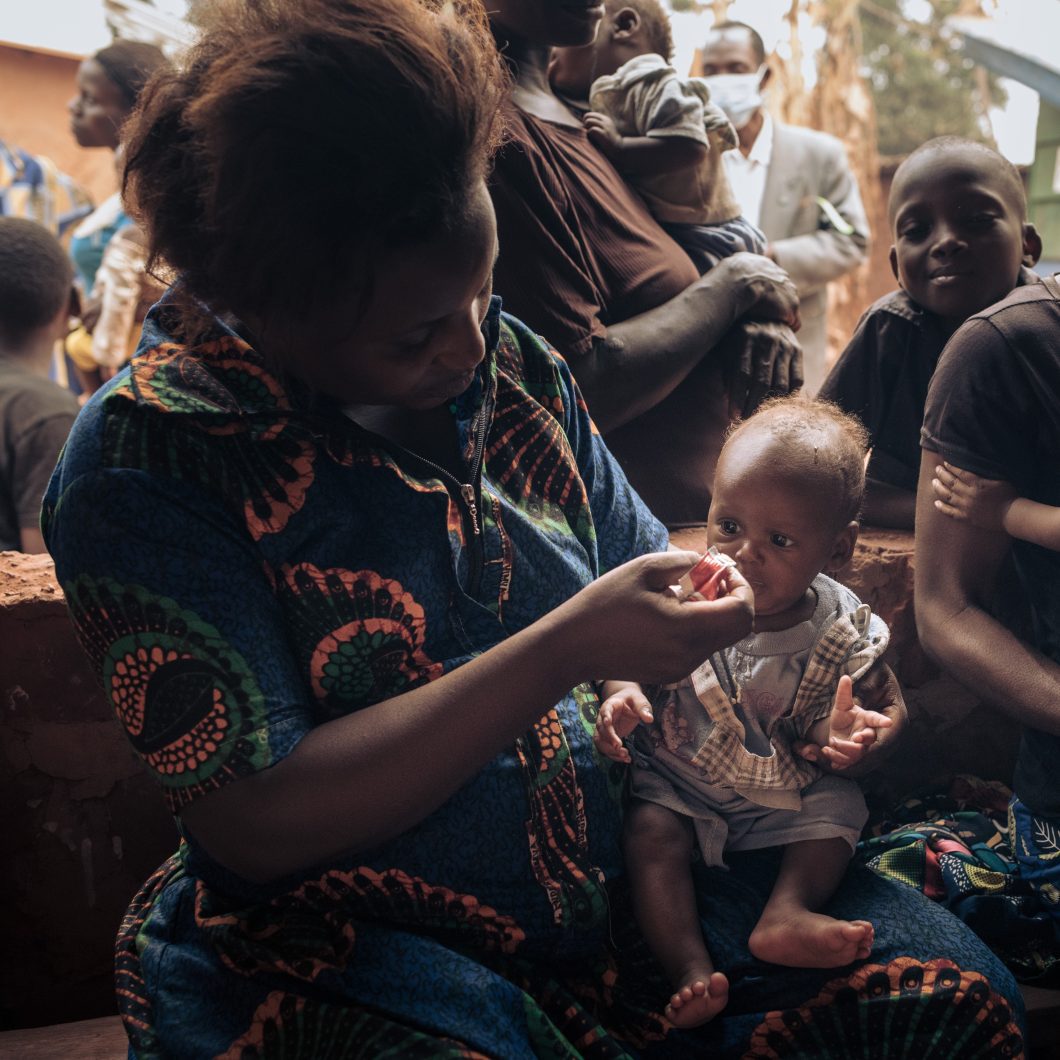
Families in the DRC have endured armed conflict and food shortages for years. You can help us get children the right treatment at the right time to stop life-threatening hunger in its tracks.
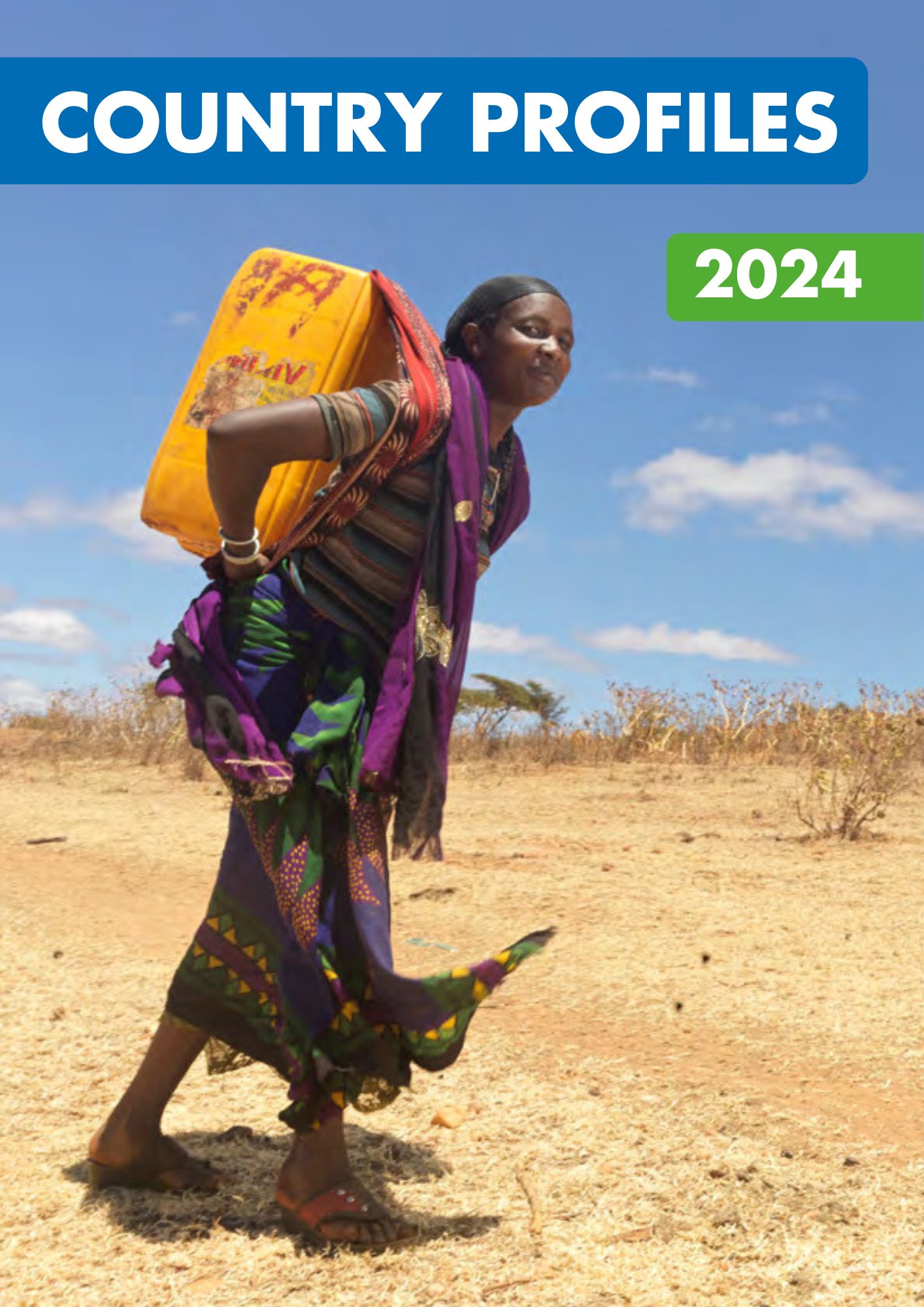
Explore our humanitarian aid work in all 59 countries we're working in. Discover how we're working on long-term solutions that predict, prevent and treat malnutrition.
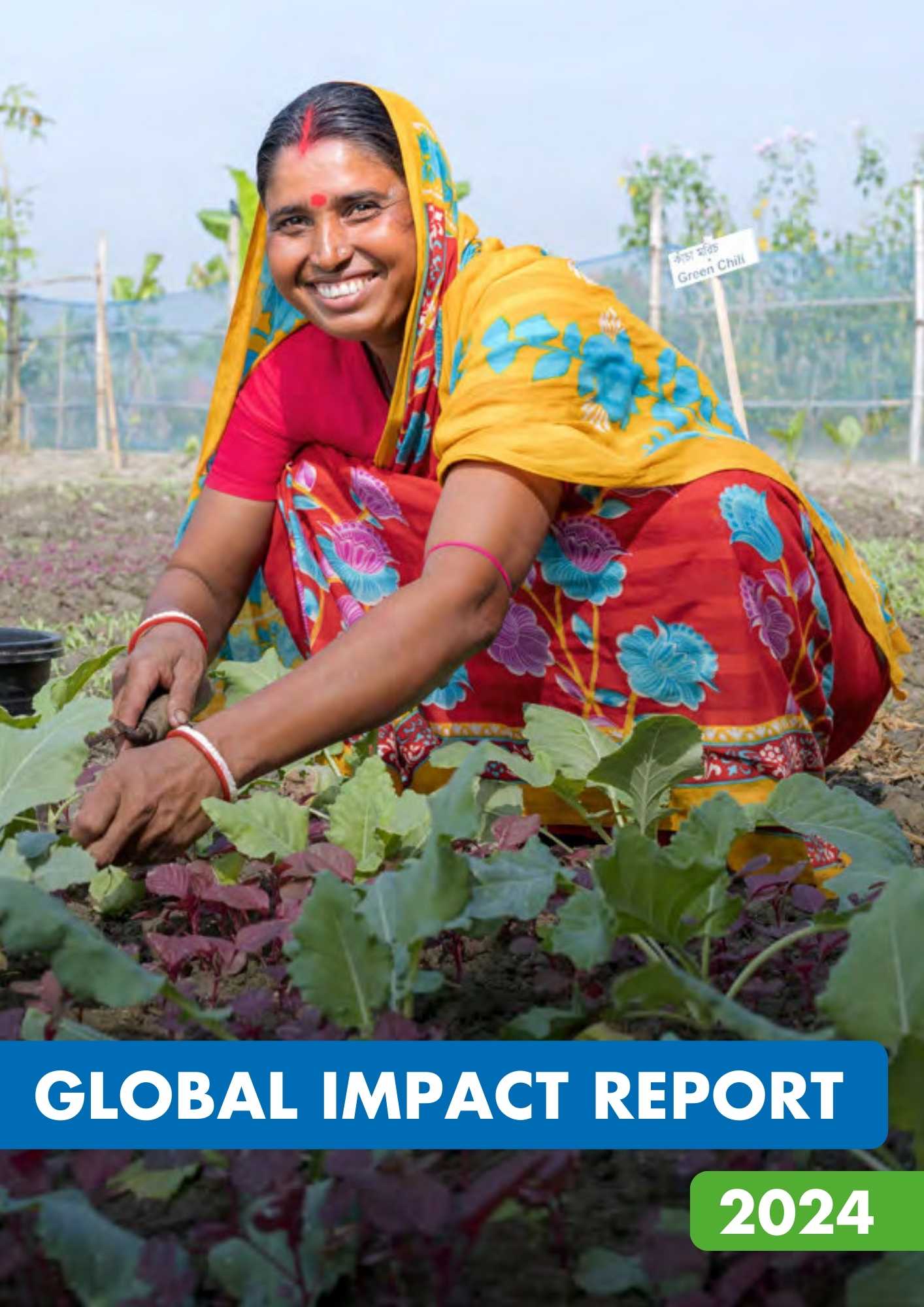
Explore the life-changing impact we've made together, and all the people we've reached with food, water, hygiene and farming support.